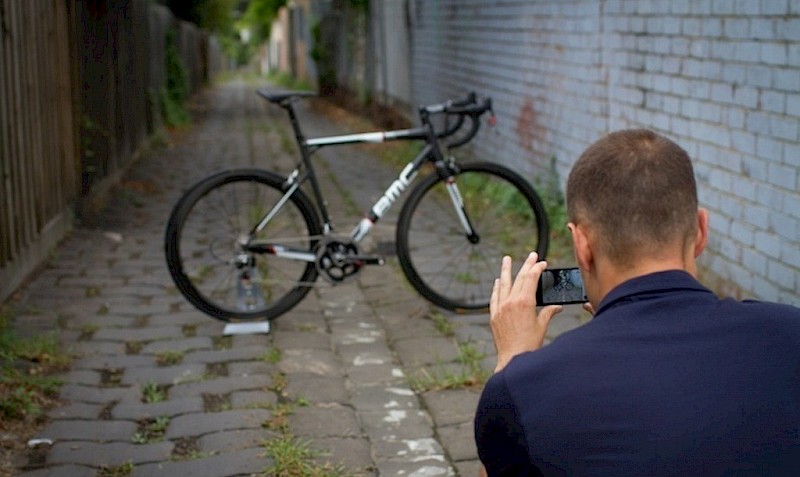The Future of Bicycle Inspection: Part 2

When first introducing our damage assessment solution to bicycle retailers and workshops, we often ask them if they had previously considered offering standardised bike inspections as part of their service/workshop offering. Interestingly, of those that require some convincing, the responses fall into one or more of the following categories:
- We don’t see many damaged bikes coming to us.
- We have our own method.
- We send it to someone else if we notice a crack.
- This seems important for warranty claims, but we want to remain neutral.
This blog series now looks at the critical importance of ‘pre-purchase’ and ‘pre-sale’ inspections as a means of protection for both buyer and seller; and for the industry to ensure damaged and defective bikes in need of disposal or urgent repair are fixed or removed from the pre-owned market.
Missed our previous post on this topic? Click here to read part 1 (prevention vs reaction).
Part 2: pre-purchase and pre-sale inspections
Over the last few years of intensive customer research, we have had many discussions and seen many posts across social media and in online bicycle marketplaces by cyclists having purchased bicycles and later finding hidden damage. In many cases, the damage was not even known to the seller, because they and their local mechanics lacked the skills and/or access to the appropriate technology and data to provide this certainty.
Unfortunately, such incidents tend to have a flow-on effect to the used/pre-owned bicycle market, where prospective buyers either unknowingly purchase a damaged or defective bike or simply don’t even consider purchasing a pre-owned carbon bike due to the risks involved. Our own market research showed that almost 1 in 4 (21%) of cyclists do not consider buying pre-owned because of uncertainty around the bike’s history, the absence in many cases of a manufacturer’s warranty; and as a result of there being no easy or cheap way of ensuring safety. Such risks have prompted reputable pre-owned bike specialists such as The Pro’s Closet to establish their own safety certifications as a way of improving consumer confidence. An important step, and one that Cycle Inspect hope that other online marketplaces follow.
We believe that every carbon bicycle should be inspected prior to sale by an appropriately trained technician, using evidence-based and standardised procedures and technologies. If a buyer finds it hard to justify the cost of an inspection because of the asking price of the bike itself – then our advice is don’t buy it. It’s not worth the risk. However, given that many used bicycles now sell for many thousands of dollars, inspection costs comprise a negligible amount for the added peace of mind to both buyer and seller. After all, carbon fibre components can last for decades if looked after and monitored properly.
Most buyers will become sellers at some stage though, so protecting your safety and protecting your investment are two sides of the same coin. Regular inspections via Cycle Inspect accredited workshop or mobile mechanic mean a data trail of inspection insights to ensure you can clearly justify the sale price and rewarded for your diligence and care.
Our vision is an industry where buying ‘pre-owned’ doesn’t come with unnecessary risks, and we are intent on playing a major part in identifying ways to remove damaged or defective bikes from the pre-owned market.

Stay informed
Sign up to our mailing list to hear all of our latest news, offers and announcements.